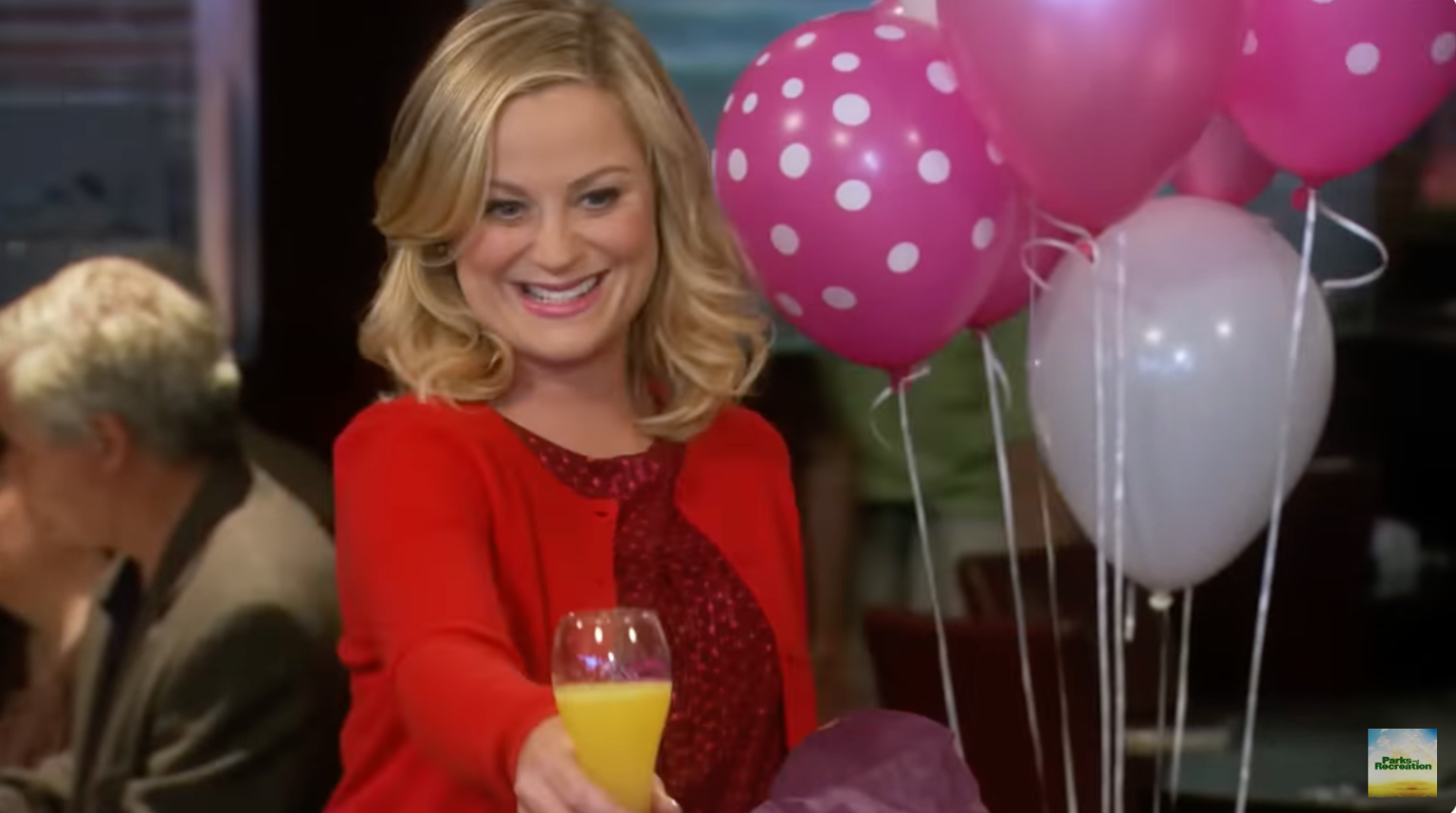
Louise Millar at Seed: Dating is done. Friendship is Gen Z’s modern love

Author: Louise Millar, Strategy Director at Seed Marketing
TikTok is constantly asking, “What’s happened to the classic rom com?” Patriarchal storylines no longer resonate, and mobile phones have destroyed the meet-cute by removing the lost-phone-number or disaster-on-route-to-date storyline.
Gen Z has never faced a world of dating without apps. How depressing. Apps make dating a tick box exercise, where the modern dating challenge isn’t just, “do they like me?”, it’s also about ghosting, cat-fishing, last-minute cancellations and blocked accounts. No wonder 90% of Gen Z feels frustrated with the apps.
And there’s another big conversation going on: friendship’s role in health, wealth, progression and life quality. We asked over 2,000 Gen Zs about their relationship priorities, and 85% said that friendships were more important than romantic relationships.
Gen Z want to shape themselves before committing to someone else. They are a generation characterised by post-pandemic loneliness and a desire for intimacy in the information age, for whom traditional life milestones are out-of-reach. Our What Matters to Us research identified two distinctive trends: dating apps are being deserted in favour of real life; and the desire for platonic relationships is greater than the desire for romance.
So what does this mean for brands jumping on Valentine’s Day?
Rethink how “love” is presented: Lean into platonic relationships. Although this was kicked off by Millennials (think: Galentine’s Day from Amy Poehler in Parks and Recreation, Dolly Alderton’s Everything I Know About Love), it’s taken a hold over Gen Z. Friendships are becoming the great modern love story and brands would be naive to ignore this shift.
Or how about self-love? Not meditation and yoga but boundaries, self-understanding and forgiveness. Single life is losing its stigma and becoming a positive, empowering choice. Last but not least, let’s flip the narrative on dated gender roles. Maybe 2024 is time to shift that? It is a leap year, after all.
Get into real life spaces that build connection: Dating apps are moving from online only to hybrid models with real life events: Eventbrite reports a 21% rise in speed-dating events. For Gen Z, joining communities and events has become one of the primary ways to connect.
For brands, this presents an opportunity to partner-up, investing back in the young people spearheading these cultural shifts with collabs that bring meaningful engagement. Hellaa Melanin is one such community that holds ‘Speed Mating’ sessions over speed-dating for the black community. Their intention is to create a space to celebrate black joy and establish times for friendships to thrive. It’s about creating a safe space where people feel connected, invested in and celebrated.
Create products and experiences for pals not pairs: Brands are limiting themselves by focusing on pairs, because the single tax is out: having to be in a pair to be able to enjoy something is a big turn-off. Rethink how both products and experiences could be altered to attract buy-in from friend groups. Banning couples altogether would be even more a (PR-able) statement.
The world of romance isn’t dead, it’s just evolving to allow for choice, freedom and growth. Despite being a Millennial, Aimee Lou Wood nailed the sentiment in an interview last year: “There’s so much focus on romantic love and I just feel like platonic can be just as expansive. When I’m with them I just feel like anything’s possible.”
To read the full article, visit More About Advertising.